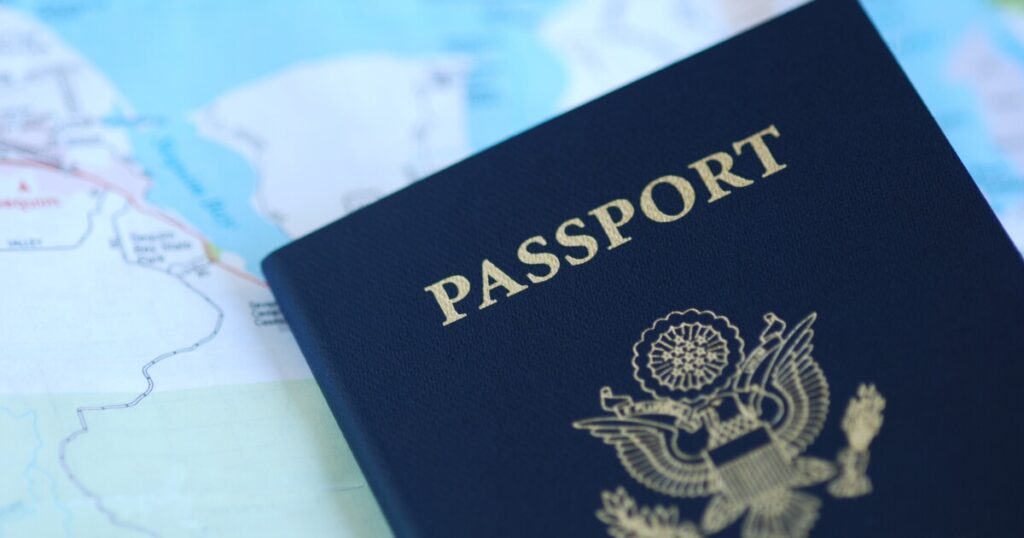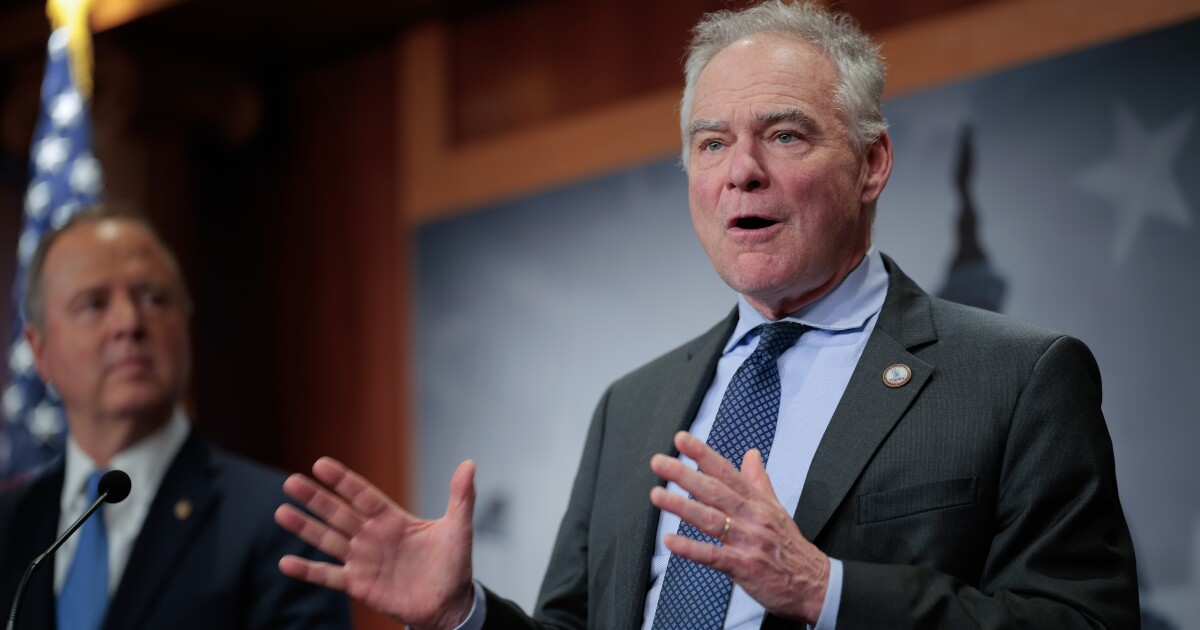Federal Court Ruling Expands Passport Options for Transgender and Nonbinary Individuals
In a significant legal development, the Trump administration’s attempt to restrict passport sex markers has been halted by a federal judge. This decision marks a crucial step for transgender and nonbinary people needing to apply for new passports or renew existing ones with a choice of male, female, or “X” identifiers.
U.S. District Judge Julia Kobick issued the ruling, counteracting an executive order signed in January by the president, which sought to narrowly define gender based on sex assigned at birth. This order had previously rejected the notion of gender transitioning.
Kobick initially issued a preliminary injunction that applied to a select group of plaintiffs involved in a lawsuit with the American Civil Liberties Union (ACLU). However, the latest decision broadens the scope of this injunction, now encompassing all transgender and nonbinary individuals lacking valid passports, those facing imminent expiration, and applicants needing replacements or changes in their identification markers.
The White House has yet to comment on the ruling. Judge Kobick highlighted that the government’s defense did not demonstrate any constitutional harm or negative impact on international relations due to the injunction.
Transgender and nonbinary individuals argue that the passport policy infringes upon their constitutional rights to equal protection. Kobick noted, “Even assuming a preliminary injunction inflicts some constitutional harm on the Executive Branch, such harm is the consequence of the State Department’s adoption of a Passport Policy that likely violates the constitutional rights of thousands of Americans.”
The judge, appointed by former President Joe Biden, agreed with the ACLU’s request for a preliminary injunction, allowing the legal process to continue without enforcing the current passport policy. Kobick asserted that the policy’s classification of passport applicants based on sex requires rigorous judicial scrutiny, a standard the government did not meet.
The ACLU’s lawsuit presented cases such as a woman receiving a passport with an incorrect male designation, and others hesitating to apply due to fears of application suspension. One individual, after requesting a name and sex designation change on January 9, remained without a passport, risking missing important events, including a family wedding and a botany conference.
The Trump administration defended its policy, asserting that it did not breach constitutional equal protection guarantees and emphasized the president’s broad authority over passport regulations. The administration argued that plaintiffs could still travel internationally despite the policy.
Associated Press writer Rebecca Boone in Boise, Idaho, contributed to this report.
—
Read More Michigan News










